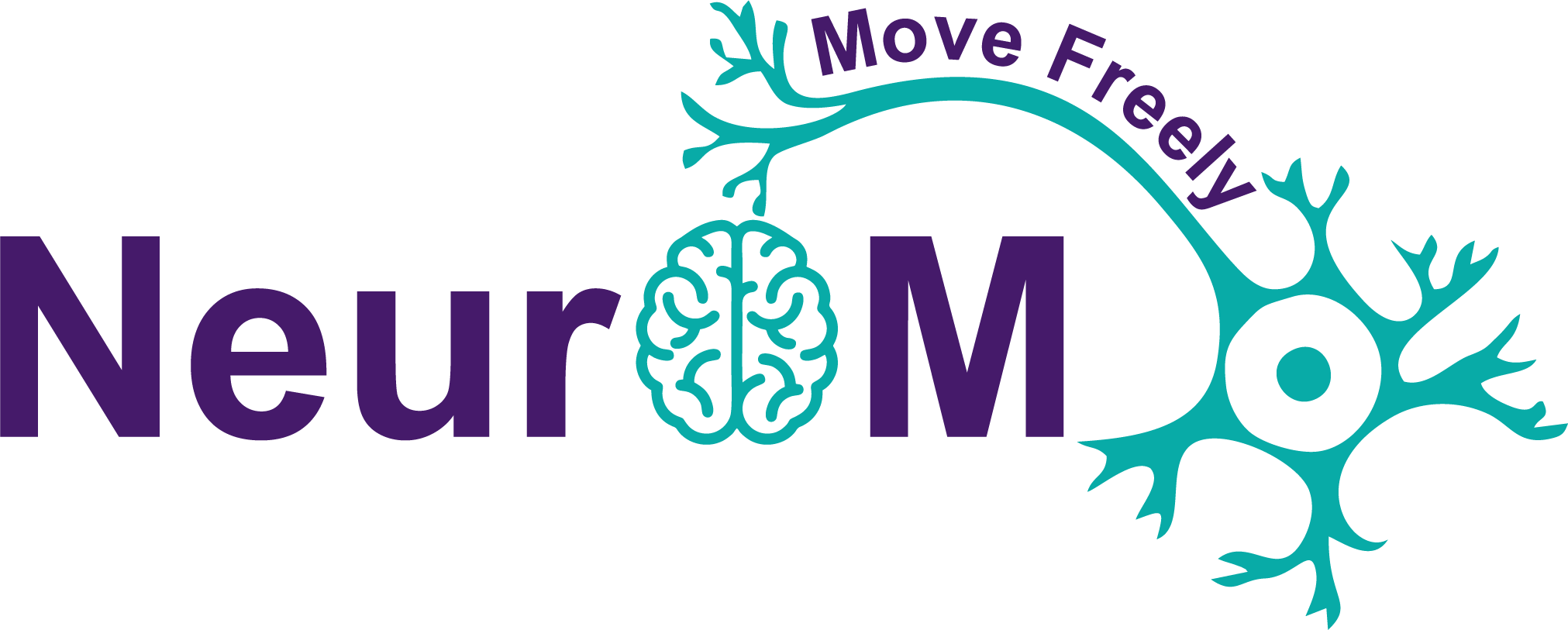Physiotherapy is often very useful for children with Down syndrome. Babies with Down syndrome will achieve the normal developmental milestones; however it may take longer than normal. Most children with Down syndrome are able to walk by 24 months. Children with Down syndrome often have muscles that are weak and low tone, and lax or unstable joints. These problems can lead children with Down’s syndrome to develop the following compensatory movement patterns:
- Standing with hips in rotated outwards
- Walking with hips rotated outwards
- Stiffness in the knees
- Pronated feet
- sitting with a flexed spine and tilted pelvis
- standing with an exaggerated lumbar lordosis (back arch)
These abnormal posture and movement patterns can develop into orthopaedic problems that will affect your child’s level of physical function into their adulthood. Physiotherapy can help children with Down’s syndrome avoid developing of compensatory patterns of abnormal movements. These problems can be avoided by the physiotherapists teaching your child the optimal movement patterns so that they can strengthen the appropriate muscles.
Physiotherapy is important during the early stages of your child’s development. Physiotherapy at neuromhealth.com concentrates on:
Physiotherapy treatment for Down’s syndrome includes:
Physiotherapy does not fix the problems associated with Down’s syndrome; development will still be slowed. However, physiotherapy can address the unique problems that Down syndrome children are faced with. Physiotherapy helps children with Down syndrome put in place solid physical foundations from which they can best develop.
The physiotherapists at neuromhealth.com can treat children and adults with Down’s syndrome. As people with Down syndrome age it becomes very important to maintain the health of bones, ligaments, and muscles. Physiotherapy can help increase the quality of life of people with Down’s syndrome by maintaining physical health.

